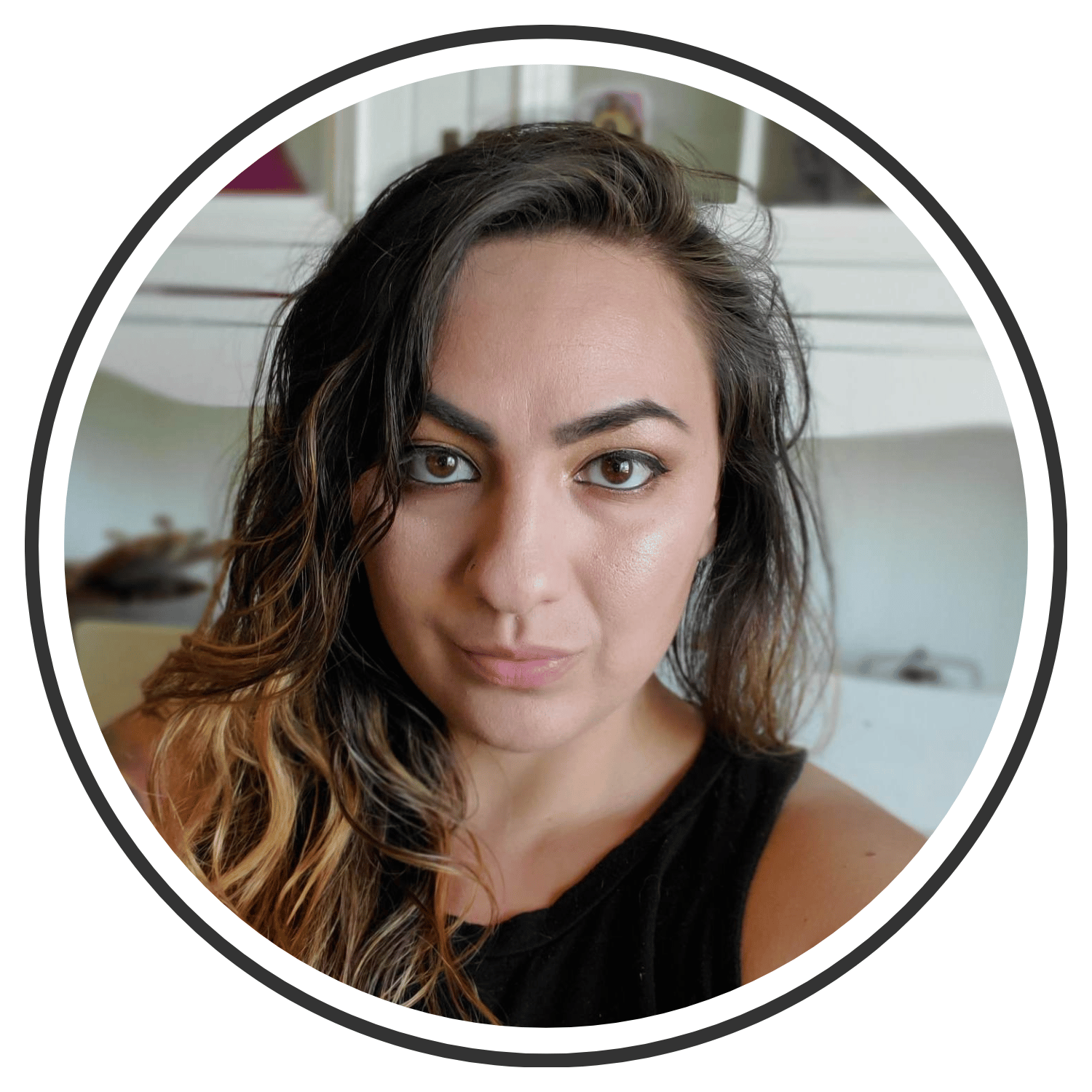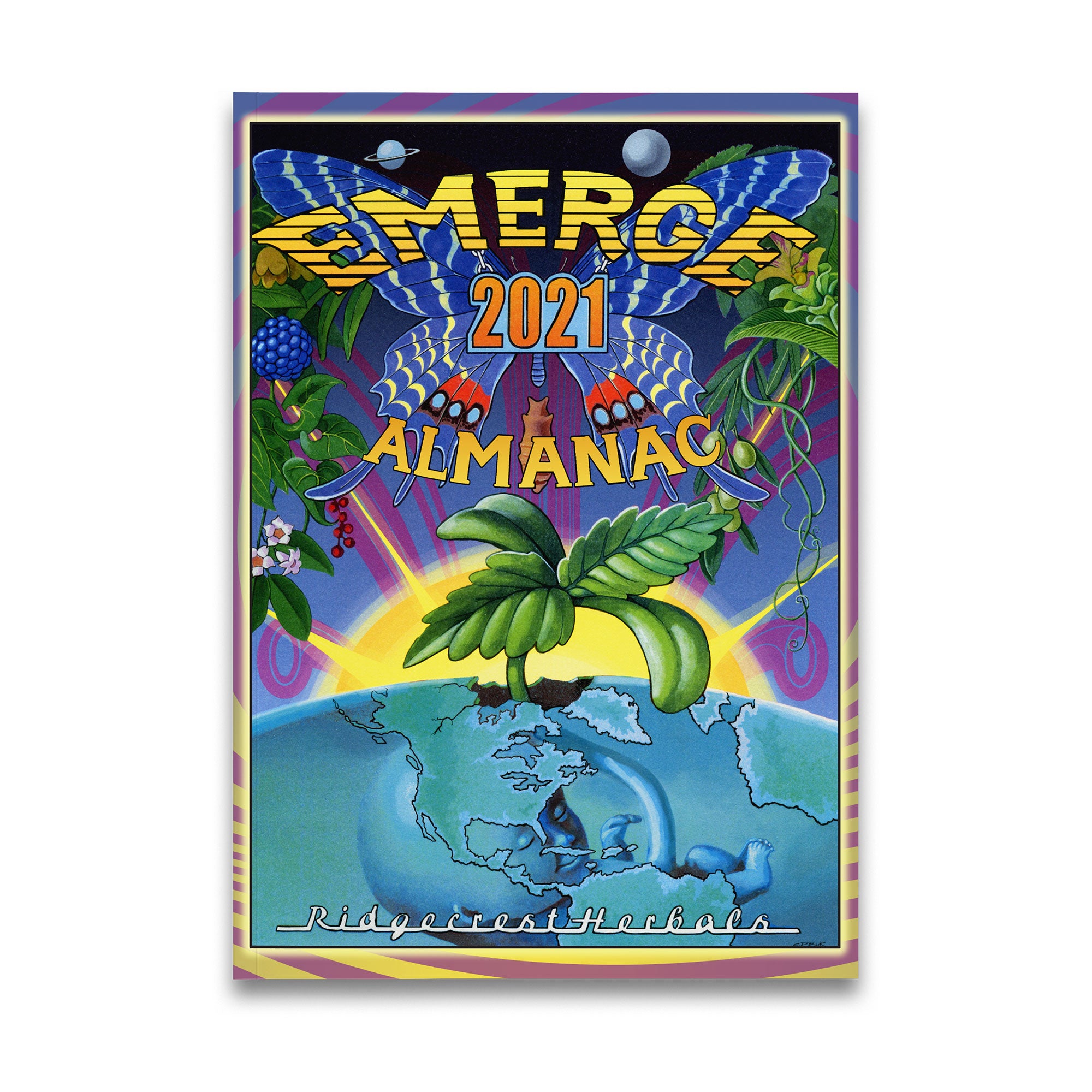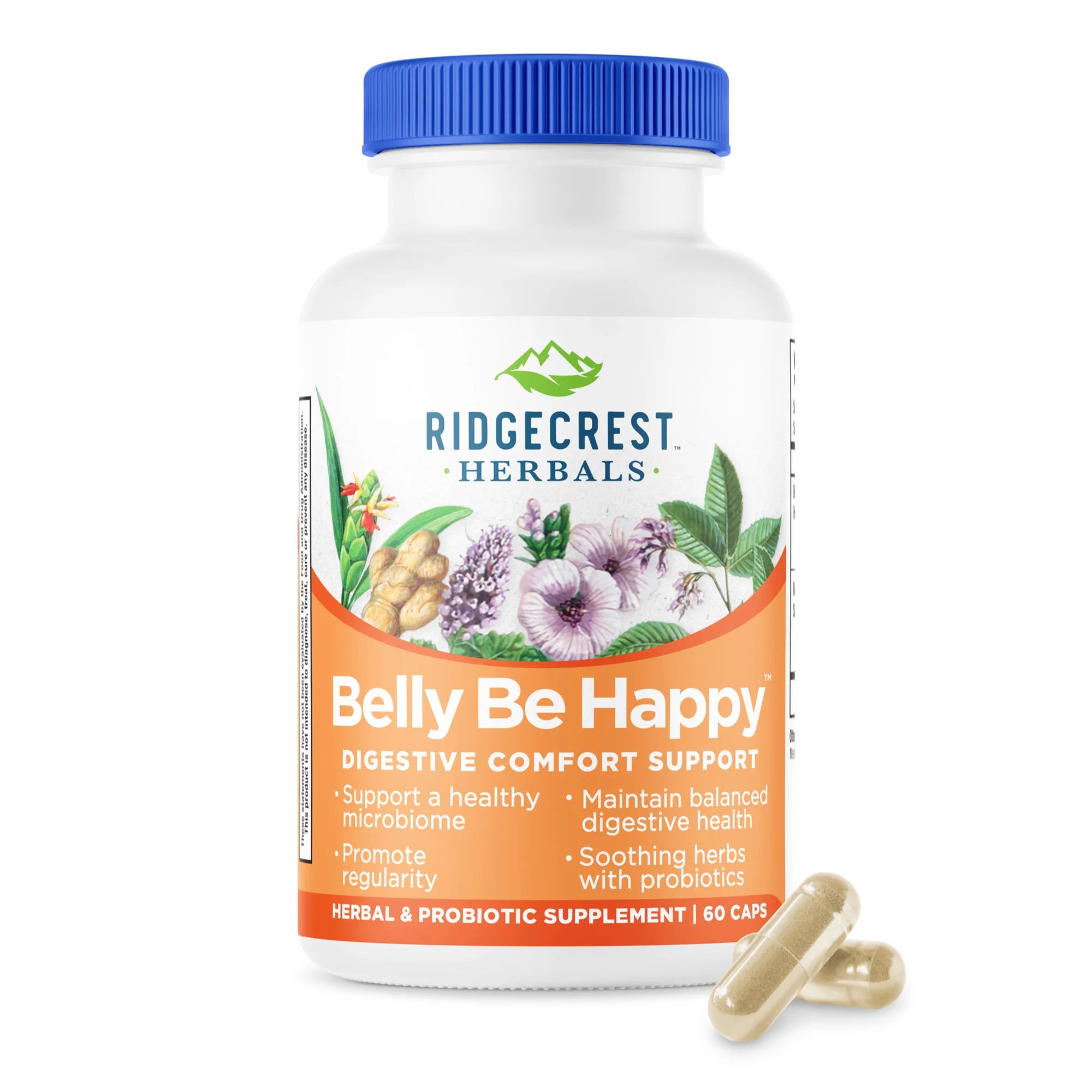My Nutrition Journey: PCOS, Hormone Health, and Eating Sustainably
I’ve been on quite a journey with food, diet, and nutrition throughout my life. Growing up, I had no real education on nutrition, the connection between food and the body, or sustainable eating. As I entered adulthood, I began to educate myself. My interest in nutrition became a true passion during massage school, where I studied human anatomy and physiology. That passion deepened when I began researching and learning about navigating life with polycystic ovarian syndrome (PCOS) and amenorrhea (the absence of menstruation).
Over the years, I’ve experimented with many different eating styles, always trying to find what feels best for my body and supports my energy, mood, and hormonal health. I tried juice fasting and vegetarianism where I experienced mental clarity, but the food prep and cleanup were exhausting, and my body always felt like it was left wanting or missing something. I decided to try completely plant-based after that and felt wonderful for about three months. Then I developed alopecia areata, which caused me to lose patches of hair. I started to lose energy and feel off. Then I found fasting with the Snake Diet by Cole Robinson, and I felt amazing. I did that on and off for two years, ranging anywhere from 16 to 120 hours fasts. I started to notice how different foods would leave my body feeling after my re-feeds. This is where I found the most apparent feedback on foods about my body.
Carbohydrates caused headaches, brain fog, mood swings, and bloating. Vegetables gave me short bursts of energy but left me extremely hungry and irritable the next day. Chicken sustained me for about a day and a half, then brought on brain fog. Interestingly, eggs, beef, and bison provided long-lasting energy. I could fast for extended periods and feel great. I adjusted my re-feeds to include these nutrient-dense animal proteins, paired with leafy greens or cruciferous vegetables. Over time, I noticed improvements in my hormone balance, my mood swings eased, and my menstrual cycle shifted from an irregular 35 to 120 days to a more consistent 28 to 40 days.
My curious brain wanted to know why, so I started researching. I found out about the carnivore diet and the multitude of benefits it has. I read stories of people healing themselves from all manner of issues while eating carnivore. I found an informative Instagram account & podcast by Tara Couture called Slow Down Farmstead with fantastic information on healing, meat, and regenerative farming. I found a program specifically for PCOS by health coach Kym Campbell who has put together an in-depth program to help support fertility and hormone balancing. The message was all the same, some people need meat and truly thrive on animal-based nutrition for their whole health.
It's no secret that factory farming is harmful to our health, the planet's health, and is absolutely detrimental to the animals' quality of life. So this brings up the question: if some of us do need meat for health, or even as a personal choice, how do we do it as sustainably, ecologically, and humanely as possible?
As with most everything, the answer isn't simply black and white, and it all boils down to mindful personal choice. Ecologically speaking, Nichole on our Marketing team, wrote an amazing article on why rudiments are essential to the ecosystem (see Regenerative Agriculture: In Defense of Ruminants).
Part of the answer lies in sourcing meat & eggs from small, local farms. I have found farms by searching on the internet, going to farmer's markets, and even driving around my state. Small farms depend on happy and healthy animals to survive. They are going to take much better care of the animal from birth to death and everything in between. The local farms I have found put absolute love and care into their animals and are very proud to provide the service. They are also family-owned and operated, which means I support a family when I buy from a small farm.
Another part of the answer is using the whole animal, “from nose to tail," as Tara from Slow Down Farmstead would put it. When we aren't wasting parts of the animal, it goes a lot further. We get more nutrients. We are also honoring that animal by not letting it go to waste. For example, I save the bones to make nutrient-packed bone broth. This also helps me be mindful that an animal died to feed me, so I am not overindulging and taking too much.
So, in short:
✨ Buy local when you can
✨ Support farms that prioritize animal welfare and sustainability
✨ Use the whole animal to reduce waste and maximize nutrients
✨ Listen to your body honor what it truly needs, do what is best for you and your body
✨ And above all, stay mindful and curious on your journey






Leave a comment
All comments are moderated before being published.
This site is protected by hCaptcha and the hCaptcha Privacy Policy and Terms of Service apply.